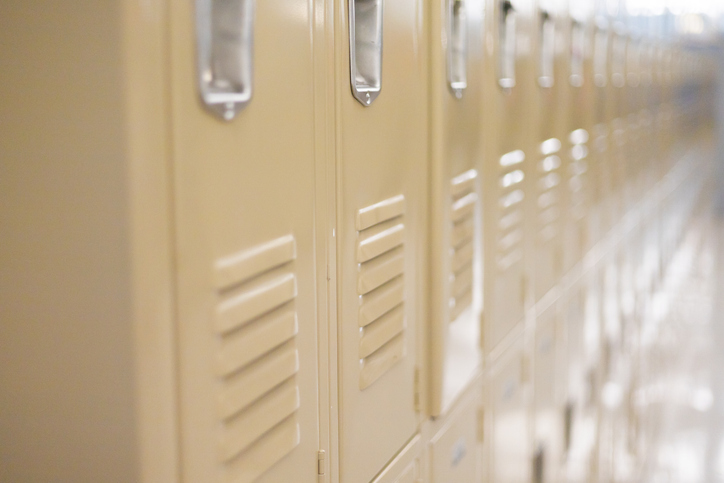Maryland After-School Programs at Risk After Federal Funding Freeze
Maryland After-School Programs Face Uncertainty After Federal Funds Frozen

Organizations serving Maryland’s most vulnerable children are scrambling to stay afloat after losing access to their largest source of funding for after-school and summer programs.
On Wednesday, many program operators described the future as a “big question mark” after the federal government abruptly froze funds they had been counting on to run safe, supervised spaces for children when school is not in session.
Ellie Mitchell, director of the Maryland Out of School Time Network, said the U.S. Department of Education’s decision has devastated the sector.
“There is a whole ecosystem of youth development organizations that braid and blend funding in order to survive,” Mitchell said. “When you pull one thread, especially a big one, you risk unraveling the entire garment.”
On Monday, the Education Department notified states they would not be able to access nearly seven billion dollars in federal funds that had been scheduled for release the next day. The Trump administration is withholding the money, which also supports teacher training and programs for English learners, in addition to after-school and summer initiatives.
State education officials were still assessing the impact more than a day later.
“Preliminary projections show Maryland will receive an estimated 125 million dollars less in federal funding for specific Title programs compared to last year,” said Raven Hill, spokesperson for the Maryland State Department of Education. “These funds represent real dollars and real positions in school systems across our state.”
Of that amount, about 25 million dollars was earmarked for 21st Century Community Learning Centers, which serve nearly 24,000 students in Maryland, primarily in Baltimore and Prince George’s County. It remains unclear when or if those funds will be restored.
After-school programs play a vital role by providing meals, homework help, and hands-on learning. They also help combat absenteeism, develop college and career skills, and give students a safe place to be outside of school hours. Erik Peterson of the Afterschool Alliance noted that programs offer everything from gardening and cooking classes to robotics and FAFSA workshops.
Elev8 Baltimore, which runs 10 programs funded through 21st Century grants, is already making contingency plans.
“Quite frankly, we are trying to raise money to backfill what we may lose,” said Executive Director Alexandria Adams. “These programs are in some of the neediest communities.”
Adams also noted that Elev8 serves as a pipeline for early-career educators, helping young professionals gain experience before entering the classroom full time.
Mitchell warned that if programs close, families who cannot afford private options will have few choices, and children could be left unsupervised.
“Maryland already ranks among the bottom ten states in access to after-school programs,” Mitchell said. “This will make an already serious supply and demand problem even worse.”
The Education Department did not fully explain its reasoning, saying only that it is conducting a review to ensure funds are spent in line with the president’s priorities. A statement from the White House Office of Management and Budget claimed some grant programs had been misused to support what it called “a radical leftwing agenda,” though it cited no specific examples in Maryland.
“This is an ongoing review, and no decisions have been finalized,” the office said.
Critics say the freeze undermines state and local control over education and leaves schools scrambling. Sasha Pudelski of the School Superintendents Association expects emergency school board meetings as districts decide how to cover salaries and contracts budgeted with the now-frozen funds.
Anne Arundel County estimates a loss of 4.2 million dollars, which would affect programs for multilingual learners and their families. Spokesperson Bob Mosier said the district is analyzing the potential effects and will work to minimize disruptions.
Maryland congressional Democrats have called the move illegal and unconstitutional. Rep. Sarah Elfreth said it represents “an abuse of power” that must be reversed. Rep. Jamie Raskin called it “a terrible ambush against America’s students and teachers,” while Sen. Chris Van Hollen described it as “an attack on the success of our students and our public schools.”
Even if the funds are eventually released, Pudelski said, programs may already have been forced to shut down or cancel contracts.
“This is unprecedented,” she said. “We have never seen anything like it. We are operating in total darkness.”



